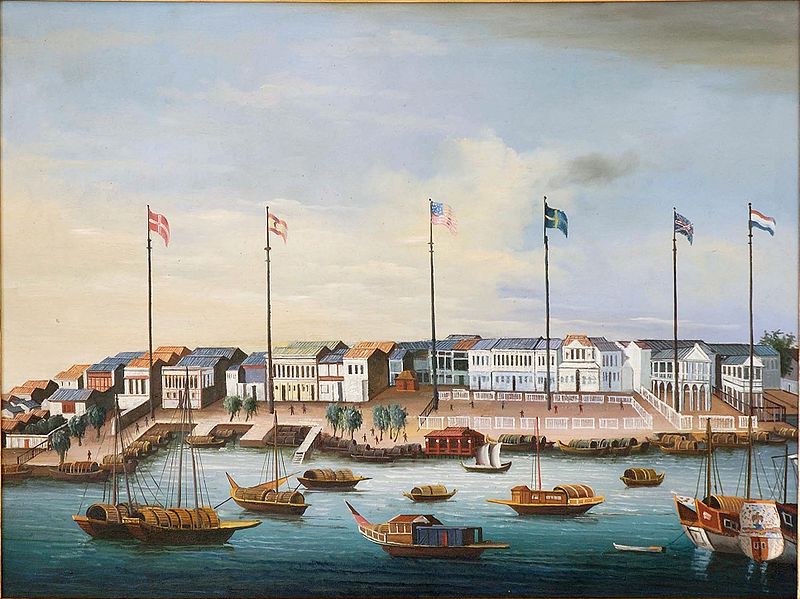Global Eighteenth Century

During the ‘long’ eighteenth century, the world came to be a global space in new ways. The effects of the transformation were apparent in many realms. Modes of war came to be enacted on the global stage. Forms of empire changed substantially, becoming global in practice as well as in aspiration, for example with the rise of the plantation economy. Forms of knowledge, for instance about nature, led to universal programmes of propagation, collection, order and even language. Dramatic cross-cultural encounters necessitated by new forms of travel, material culture, production and consumption linked various regions of the wider world in new ways. Debates on labour, rights and political subjectivity took on new forms, and were linked to widespread changes in how people identified with a particular kind, people, lineage, rank or status, closely connected to new frameworks: race, gender, monarchy, revolution and the nation.
This survey paper will introduce new Cambridge undergraduates to the vibrant processes of transition to what some historians describe as the 'modern world'. It will be multi-focal: rather than being centred on any single world region, it will build outward from regional case studies to broader themes. Key debates about industrialisation, commercialisation, enlightenment, scientific revolution, the age of revolutions, labour, slavery and its reform, and the pathways of transition to modern imperialism will be addressed. This will be a genuinely cross-Faculty paper, taught by people across many subject groups, including experts in West Africa, the Caribbean, North America, Britain, Europe, the Ottoman world, Asia and the Pacific.
Image: Painting of the Thirteen Factories at Guangzhou, China (Artist unknown - Early 19th Century).
